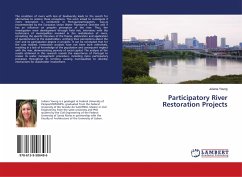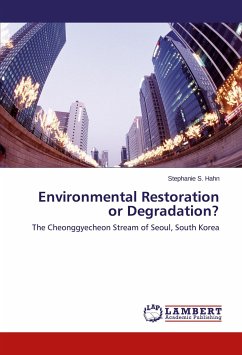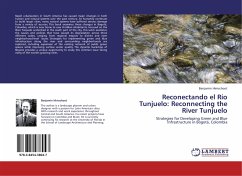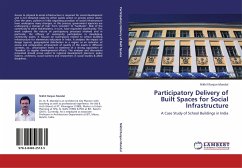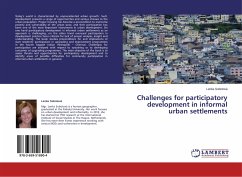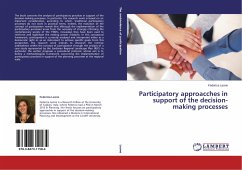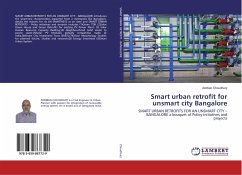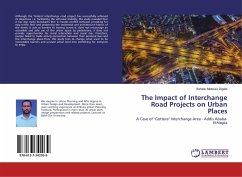The condition of rivers with loss of biodiversity leads to the search for alternatives to restore these ecosystems. This work aimed to investigate if rivers restoration is conducted in Portugal participatory way as recommended by the European Union Water Framework Directive and if has an influence on people's perception of the river. Thus, the investigation were development through field visit, interviews with the technicians of municipalities involved in the revitalization of rivers, consulting the specific literature of the theme, elaboration and application of questionnaire to the stakeholders, verifying their perceptions about the river and its participation degree in projects. It can be concluded that for the case studied, restoration projects have not been built collectively, resulting in a lack of knowledge of the population and consequent neglect with the river, demonstrating poverty of social capital. The analysis of the results obtained in this research reveals the importance of Portugal to review its water management procedure, including more participatory processes throughout its territory, causing municipalities to develop mechanisms for stakeholder involvement.

